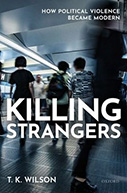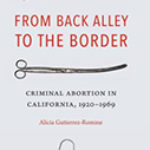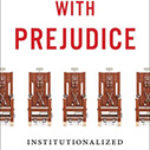Killing Strangers: How Political Violence Became Modern

Author: T. K. Wilson
Publisher: Oxford, UK; New York: Oxford University Press, 2020. 288p.
Reviewer: Kevin Cassidy | May 2021
- K. Wilson explains early in his book that it primarily focuses on North America and Western Europe. The heart of the book is a simple ambition, to explore how forms of political violence have changed overtime. It is about deeds or more precisely violent actions that individuals or organizations have engaged in. The author’s starting premise is that the changing forms of political violence are worth studying in detail because of the evolutionary nature of society — meaning that people’s ideologies and perceptions change, and that society demands action be taken no matter what the consequences are.
Wilson’s assessment of contemporary political violence in the 21st century concludes that databases of terrorist incidents offer guidance in this regard. But very few data bases stretch back more than fifty years; and, by their very nature, they tend to bleach events of context. He examines the forms of violence and how these evolved over time, and notes the contributions of such individuals as Michael Mazarr, a senior political scientist at the Rand Corporation, and Steven Pinker, a Canadian-American cognitive psychologist.
Wilson addresses some fundamental questions: Where has violence come from historically? How did violence become ‘’unchained’ from inter-personal relationships? Why has there been an increase in impersonal violence? And finally, how can we examine violence in conjunction with changing social and political realities? The author describes the importance of society, technology and communication, and his discussion of modern mass advertising, communications and politics are nicely woven into this discussion, and offer insight regarding how society reacts to facts and rhetoric.
Kevin Cassidy-Professor in the Security, Fire & Emergency Management Department at John Jay College. He also lectures at Slippery Rock University in Pennsylvania. He is a member of ASIS.


